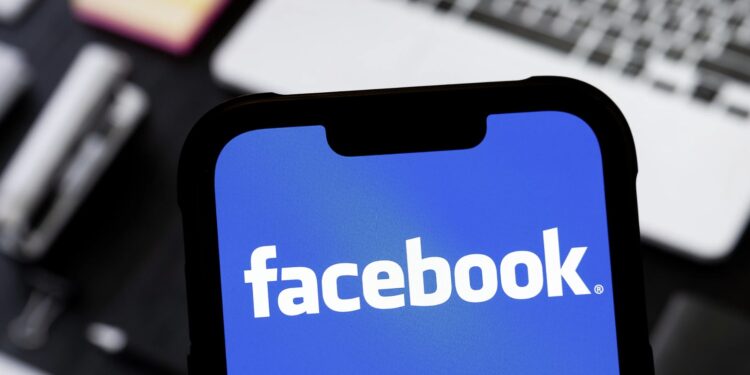Facebook is being investigated over alleged data breach that left a record-setting 1.2 billion user accounts exposed to hackers.
The huge database has since been offered up for sale by a hacker, known as “ByteBreaker,” on the dark web, sending shockwaves reverberating through the cybersecurity community and causing serious concerns about user privacy.
The security vulnerability was allegedly exploited against Facebook’s ‘view as’ profile viewing tool and allowed the hackers to access such information as the victim’s public and private posts and photos, as well as their pending friend requests and friends lists.
Cybersecurity researchers say that the leaked data may also contain names, user IDs, email addresses, phone numbers, birth dates, gender, profile photos, location data, and, in some cases, linked account data such as username and connected social media and email accounts. If confirmed, it would be the biggest data breach at a social media company.
“As a proof of his breach, he supplied the mobile phone number of the current serving Chief of Staff of the Nigerian Army, Lt. General Tukur Yusuf Buratai amongst other high ranking officers,” added McAfee in a LinkedIn post published March 16.”he supplied a sample to ByteBreaker of 100,000 user records.
But both Facebook and some security researchers have cast doubt on the credibility of the alleged data and the scale of the leak. Data seems to be recycled information from previously revealed 2021 incident that impacted more than 500 million users, a Meta spokesperson said, referring to the parent company of Facebook.
Even though Meta has sought to reassure the public, the scale of the alleged breach has caused pandemonium. Security analysts have warned that even if information is partially outdated, it can still be used by hackers for identity theft, phishing attacks and various other forms of fraud. There’s a huge potential for abuse of all that personal data.
Governments and regulators are expected to open new investigations into the alleged breach and the company’s data security practices in general. This incident will certainly throw more fuel on the already fiery discussion about the duties of SM platforms to protect private information of users and potential impacts of security flaws.
Maintain changed passwords and two-factor authentication help prevent from being a victim of targeted threats on drawing attention to this page. It is unclear what the potential long-term effects of this supposed breach would be in terms of Facebook’s reputation and the trust of its users.










![Online Scam Cases Continue to Rise Despite Crackdowns on Foreign Fraud Networks [Myanmar] Online Scam Cases Continue to Rise Despite Crackdowns on Foreign Fraud Networks [Myanmar]](https://sumtrix.com/wp-content/uploads/2025/06/30-12-120x86.jpg)





